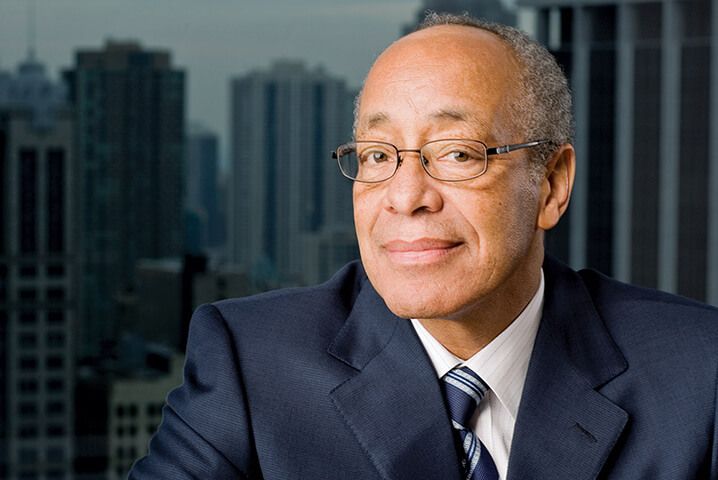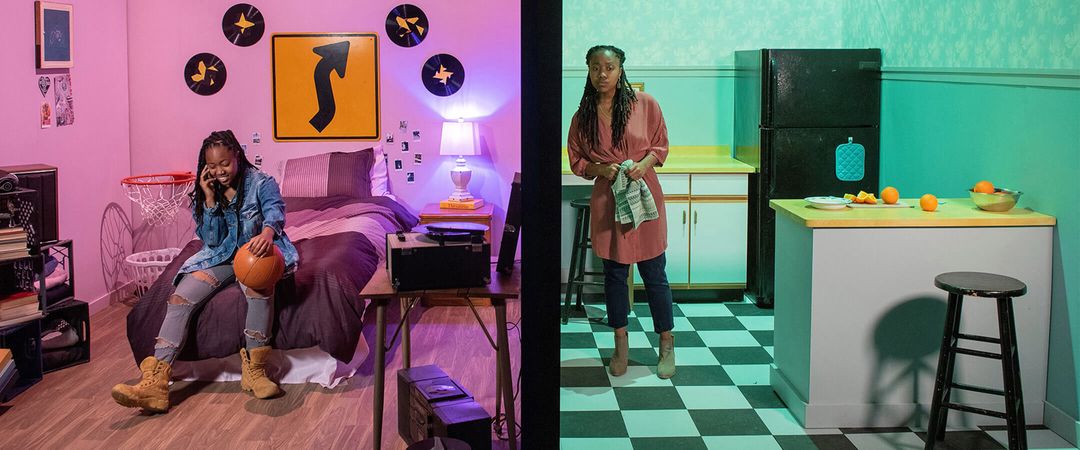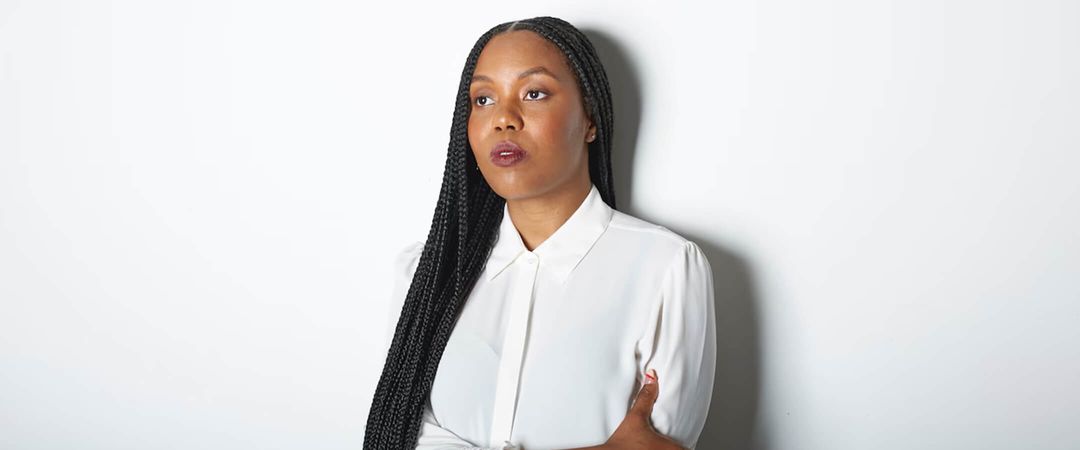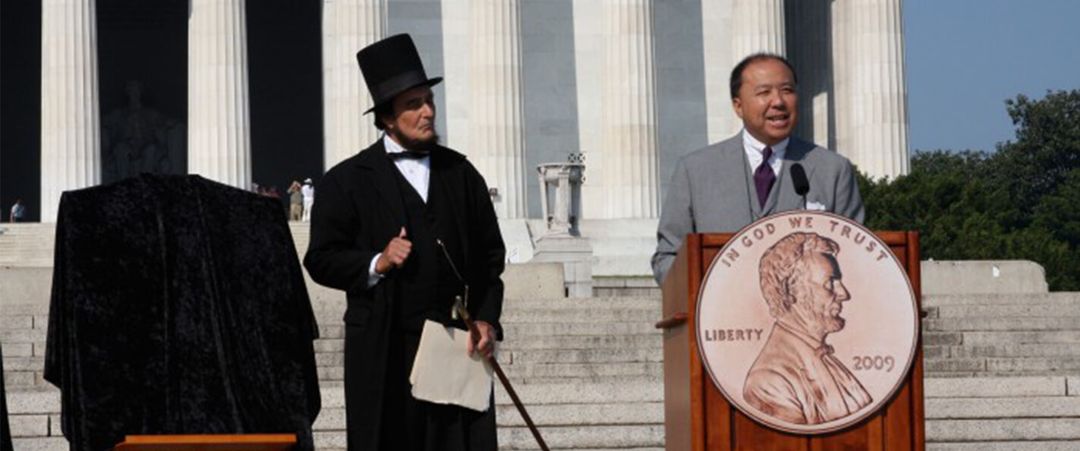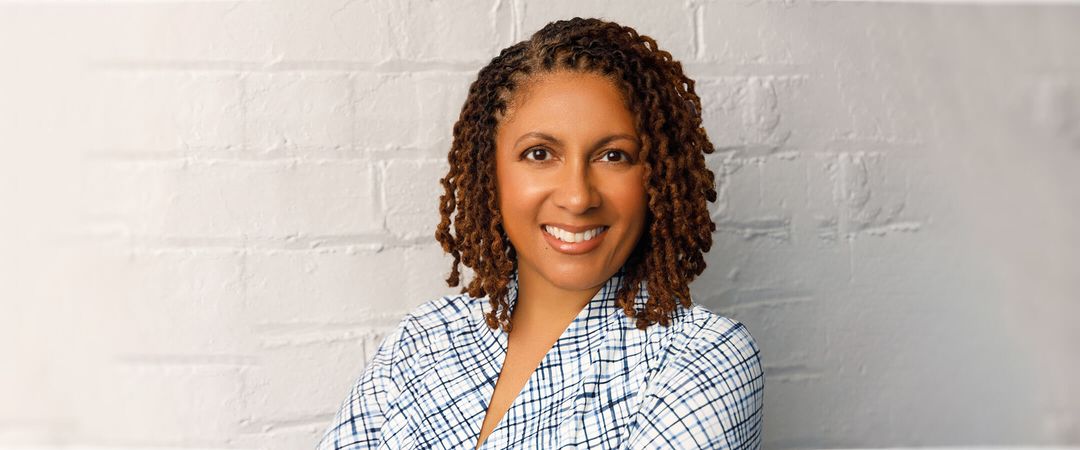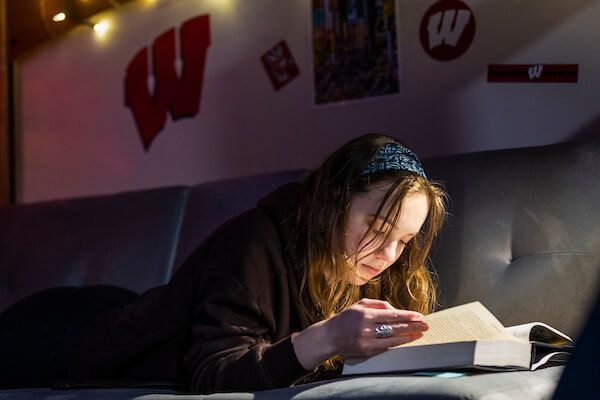Former Badger football player Lou Holland Jr. ’86 continues to honor his family legacy by donating to the Wisconsin Alzheimer’s Institute.
After his father, Badger Hall of Fame halfback Lou Holland Sr. ’65, was diagnosed with Alzheimer’s disease, Lou Holland Jr. and his family made a generous donation to the Wisconsin Alzheimer’s Institute (WAI) at the UW’s School of Medicine and Public Health. The Holland Research Fund helps to pay for research and to increase support for prevention efforts. Through his gifts, Holland has created a professorship and a postdoctoral fellowship to study the disease. Holland and his sister Jeanette even participate in a WAI research program, the Wisconsin Registry for Alzheimer’s Prevention (WRAP). One of the world’s longest-running studies of people at risk for Alzheimer’s, WRAP looks at the children of patients and, every two years, collects information about their genetics, lifestyle, physical activity, and cognitive ability.
“My dad was a Wisconsin alum, and this disease broke him down like it breaks everyone down,” Holland says.
The university had a profound impact on the Holland family. After his student days, Lou Sr. became a successful investment manager, known nationally as a frequent guest on PBS’s Wall Street Week. But dementia eventually took hold, and after a long decline, he passed away in 2016.
Like his father, Holland came to the UW to play football, and he remembers his days as a student athlete, running onto the field at Camp Randall, living in the Lakeshore dorms, visiting the Union, and developing relationships. When Lou Sr. became affected by Alzheimer’s disease, Holland thought about joining WAI’s research, though he was hesitant at first.
“To be honest, it wasn’t about my hesitancy and doubts about being a research participant at Wisconsin. My doubt was about what would I find out about me,” Holland says.
Alzheimer’s has afflicted several generations in the Holland family, and dementia affects not only its victims, but all those around them. About three to four people are needed to help care for each individual who develops the disease. However, Holland thought that participating in Alzheimer’s research could help him or someone else in the future. He joined WRAP almost 10 years ago, and he says the study is not as difficult as people think.
“I’m doing everything I can to get people of color to get involved with this study,” he says.
African Americans typically do not have an extensive family medical record, and research has shown that Alzheimer’s may be two to three times as common among African Americans as among non-Hispanic whites. People from historically disenfranchised communities are often reluctant to participate in research. Some fear their data could be used against them. Others fear their health insurance costs might rise.
“At the end of the day, you can’t get discouraged if the story runs into a brick wall, and with Alzheimer’s disease, there’s a lot of brick walls,” Holland says.
He wants to let people know that giving back is important, whether through volunteering or helping fund research opportunities. He hopes his children will someday know that their dad did everything he possibly could to help in the fight against Alzheimer’s disease, in honor of their grandpa and for all the folks living with it.
“I didn’t really get the bug for philanthropy until it really hit close to home for me,” he says.
He hopes to inspire others to give back and share resources with organizations that do valuable work. Holland believes that philanthropy will allow organizations like WAI to find new information and solutions for Alzheimer’s patients.
“This was very important to my dad and our family name as he is the one that taught us the philosophy of giving back, and since this disease — Alzheimer’s — took him too soon,” Holland says. “To see his name live on things or causes was very important to him. It is important to me to do that for him, to honor his dreams and wishes.”
